Reframing Your Service: Unveiling the Connection Between HSP, Burnout, and Self-Love
The key to understanding your desire to serve lies in recognizing the driving forces behind it. Internally referenced or divine service stems from a genuine reflection of your true self, while externally referenced or disembodied service is driven by the needs of others. These two approaches are shaped by your relationship with self-love, which serves as a crucial indicator of your vulnerability to burnout.
Your experience of burnout is intricately linked to your relationship with love. How you witnessed love being demonstrated while growing up and how you internalized it in your own being are pivotal factors. Ideally, we cultivate an embodied divine love within ourselves—a deep affection for our lives and a steadfast commitment to honoring our souls. When we authentically love ourselves in this profound manner, not only do we find fulfillment, but our impact on others becomes immensely powerful. By embodying self-love, we reach a state where burnout is no longer a concern. Instead, we have an abundance of energy to share, and our acts of service exceed the needs of those we support.
The way you relate to self-love and your perception of self-worth greatly influence your approach to serving others. Those experiencing burnout often find themselves engaged in habitual or automatic service, seldom pausing to reflect on their true motivations. It is crucial to ask ourselves probing questions: Why am I driven to help others in this specific way? Is this aligned with my authentic self? What drives my service? These inquiries hold immense significance because there exists a stark difference between serving as a response to external needs versus serving as an inspired expression of the light within. While both forms of service exist, the former lacks authenticity and grounding, inevitably leading to depletion and exhaustion.
Take a moment to delve into your own motivations for being of service. Are you driven to help because people depend on you? Is it because it aligns with societal expectations of what is right? Are you motivated by fear of losing relationships or love? Perhaps you serve because you possess the ability to do so, or you seek validation through being perceived as good or great. Upon closer examination, you will realize that these reasons are externally referenced. They do not originate from a fire burning deep within you, fueled by a desire to live a life guided by your own inner calling. In isolation, these motivations are insufficient to transcend burnout and unlock your full potential and vitality.
If you find yourself reading this, it is likely that helping others is your true calling. You came into this world with a purpose—to extend care, provide guidance, impart knowledge, lead, create, and inspire. From a young age, you may have naturally assumed this role and utilized your unique gifts to serve others. However, somewhere along the way, for reasons we will explore, you lost touch with your authentic self, your internal wellspring of energy and wisdom. Service began to rely on external references.
Authentic service, however, emerges from within—a priceless gift that emanates from your unique light, rather than being a response to external circumstances or the needs of others. True service is meant to spring forth organically, with your inner light radiating outward, illuminating the world with your wisdom. If others are inspired and aided, and their needs are met as a result, that is wonderful! Yet, it is vital to remember that you engage in service primarily for yourself, because it is an authentic expression of your core being. Although this may appear selfish at first glance, we will address the associated guilt that arises when prioritizing our own fulfillment. When you serve in this manner, your impact is amplified, and your light extends far and wide. You are filled with energy and enthusiasm because, in those precious moments, you are fully aligned with your authentic self. Conversely, when you serve solely for others, it becomes draining.
Your purpose is not to help everyone. Your purpose is to create the most profound impact by honoring, safeguarding, and sharing your unique gifts. That is your sole responsibility. You are not accountable for the lives, well-being, happiness, or success of others, including your own family. You may wonder if there are exceptions for those with children. In Chapter Six, we will delve deeper into the concept of boundaries. For now, let me emphasize that while children require your love and protection, they also possess an inner guidance, wisdom, and love. Assuming responsibility for their lives robs them of their inherent power. By taking full responsibility for your own life, you honor the lives of others.
Warmly,
Tekin Meric, MSc
Counselor & Coach
If you would like to receive counseling or coaching support as you navigate your life issues, please feel free to reach out. I would be honored to hold space for you online or in my practice in Amsterdam.



